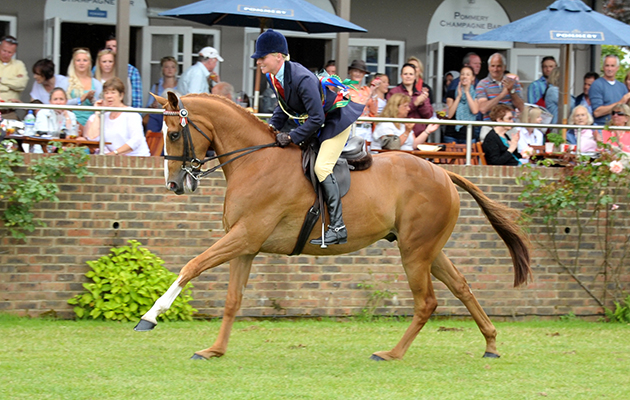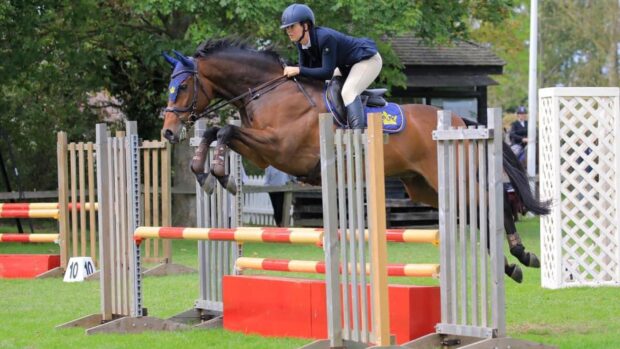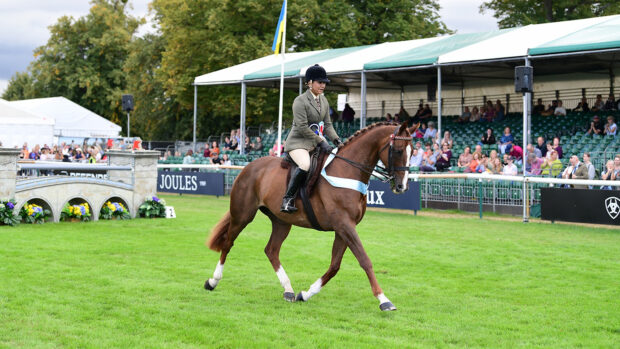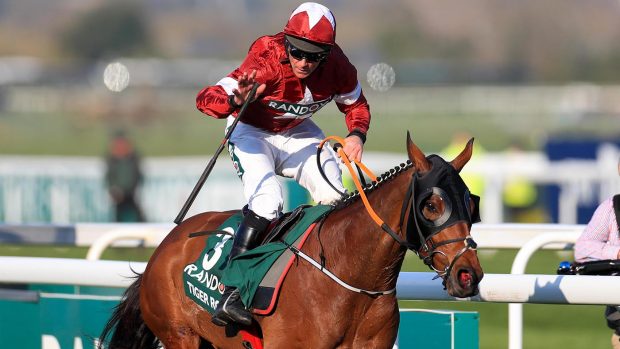Retraining of Racehorses (RoR) has shelved plans for a new tiered registration system, opting instead for a “simpler approach”.
Registration of horses will continue to be free, with a new system coming into effect on 20 March, with a £10 surcharge applying for anyone who wants to enter RoR classes and competitions.
H&H reported last month that anyone who wanted to compete would have to pay between £10 and £25 for annual membership.
The amount to be paid varied depending on the level at which horses would be competing.
RoR said the changes would make it easier to register new horses, and that more up-to-date records of former racehorses would be kept. The aim was also to end problems with the old system and to provide better service.
But its plans have changed.
In an email sent to members yesterday (16 February) RoR chief executive Di Arbuthnot said: “We are pleased to announce that the new registration process will come into effect from Monday 20 March. We are also pleased to confirm that it will remain free to register, including for RoR’s education and retraining activities, with a £10 surcharge for those wishing to participate in RoR run classes and competitions.
“We have decided against introducing the multi-tiered system that was outlined in January. While the proposed system was intended to reflect the full range of abilities and activities undertaken by horses registered with RoR, we have decided on a simpler approach. In short, it remains free to register your horse with RoR.”
Related articles:
- RoR introduces annual registration fees
- 29 amazing retrained racehorse transformations you need to see
- ‘Do your homework’: how to impress the judges on an ex-racehorse
The email added that all registrations will have to be renewed annually, and that the £10 is “in essence an administration fee” to help cover the charity’s cost for running more than 300 events per year in a number of different disciplines.
It read: “The changes will enable RoR to keep more up-to-date records of former racehorses, as well as making it easier for members to register new horses. Being able to more accurately follow former racehorses is vital if the charity is to fulfill its role of protecting and promoting the welfare of horses that have left racing.”





